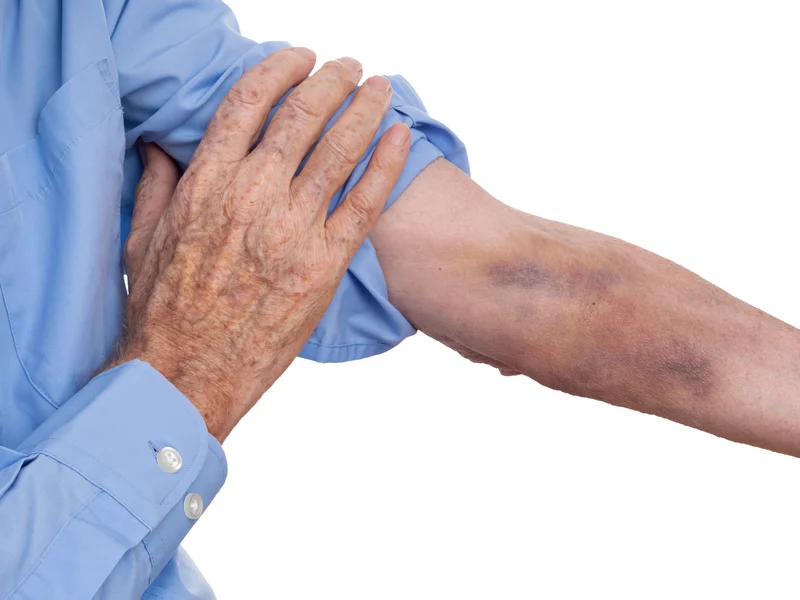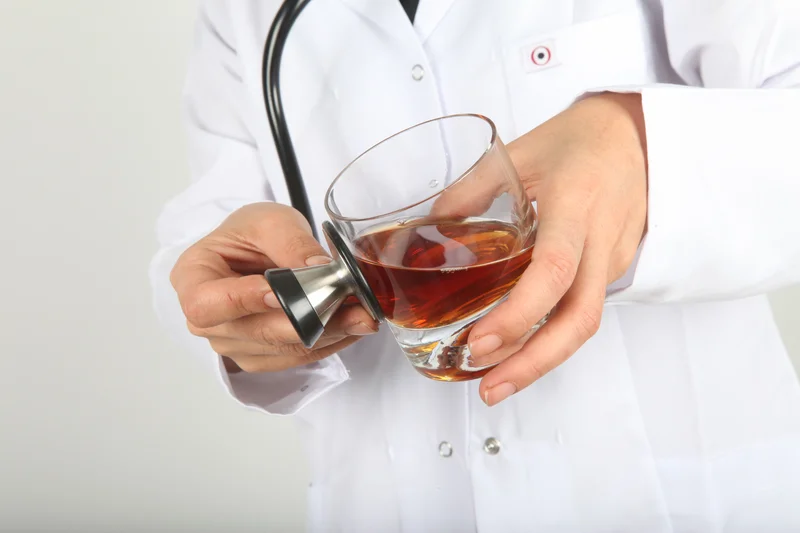
A study conducted by39 to assess the association of Taq1A polymorphism and AD in south Indian population yielded negative results.40,41 also did not find any association with Taq1A polymorphism and AD amongst Mexican-Americans. The Taq1A allele frequency of non-assessed controls was more than that of non-assessed alcoholics. However, the allele frequency of assessed alcoholics was found to be 3 times that of assessed controls. Alcohol directly affects brain chemistry by altering levels of neurotransmitters — the chemical messengers that transmit the signals throughout the body that control thought processes, behavior and emotion. Alcohol affects both «excitatory» neurotransmitters and «inhibitory» neurotransmitters. When some drugs are taken, they can cause surges of these neurotransmitters much greater than the smaller bursts naturally produced in association with healthy rewards like eating, hearing or playing music, creative pursuits, does alcohol produce dopamine or social interaction.
What are 3 effects alcohol has on the brain?

Your brain adapts to the sudden increase in the neurotransmitter by producing less dopamine, but because of the link to pleasure, it doesn’t want you to stop after a few drinks — even when your dopamine levels start to deplete. Dopamine levels fall, and the euphoric buzz goes with it, but your brain is looking to regain the feeling caused by the increased level of dopamine. Eventually, you rely fully on alcohol to generate dopamine release, and without it, you experience withdrawal symptoms. To recap, alcohol initially increases dopamine levels, contributing to its pleasurable effects. However, chronic alcohol use can lead to dopamine depletion and receptor desensitization, potentially contributing to addiction and various health issues. Individual variations, including genetic factors and drinking patterns, can significantly influence how alcohol affects dopamine function in different people.
- Whether you’re just starting out or well along in your recovery journey, know that you’re not alone, and that a healthier, more balanced future is within reach.
- Additionally, repeated episodes of excessive drinking can harm the brain, leading to long-term cognitive issues and slower learning.
- Understanding how alcohol affects the brain is essential for preventing addiction, managing withdrawal, and promoting recovery.
The Experience Blog
- These changes can result either in the inhibition or the excitation of the signal-receiving neuron, depending on the cell affected.
- We may have heard dopamine praised as a “feel-good” chemical, but does alcohol increase dopamine or lower it?
- This adaptation plays a key role in alcohol withdrawal syndrome, where diminished GABAergic inhibition leads to hyperexcitability, manifesting as anxiety, tremors, and, in severe cases, seizures.
As it turns out, the complex world of human brain chemistry — particularly the world of a potent neurotransmitter known as dopamine — holds the key to these questions. We may have heard dopamine praised as a “feel-good” chemical, but does alcohol increase dopamine or lower it? To modulate the responsiveness of neighboring neurons to glutamate, dopamine modifies the function of ion channels in the membrane of the signal-receiving (i.e., postsynaptic) neuron. The activity of some of these ion channels (i.e., whether they are open or closed) depends on the voltage difference, or potential, between the inside and the outside of the cell membrane adjacent to these channels.

Is brain damage from alcohol reversible?

Alcohol and dopamine are intricately linked, playing a crucial role in the development of alcohol addiction and the brain’s reward system. In this article, we explore how alcohol affects dopamine levels, leading to both short-term pleasure and long-term dependency. We also examine the symptoms of dopamine deficiency in chronic drinkers and discuss effective strategies for restoring dopamine balance during recovery.
Drugs and the Brain

It also reduces how many dopamine receptors are active in the body while increasing dopamine transporters, which carry dopamine to the spaces between brain cells. People with an alcohol addiction may start to consume more alcohol unconsciously, trying to boost their dopamine levels so they don’t feel so down. Columbia University researchers discovered that men release more dopamine when they consume alcohol than women.
Prolonged use results in receptor downregulation and altered subunit composition, reducing sensitivity to endogenous GABA. This adaptation plays a key role in alcohol withdrawal syndrome, where diminished GABAergic inhibition leads to hyperexcitability, manifesting as anxiety, tremors, and, in severe cases, seizures. Benzodiazepines are often used in withdrawal management due to their ability to restore GABAergic tone. The link between alcohol and dopamine is central to understanding how alcohol leads to addiction and the long-term changes it causes in the brain. Alcohol’s ability to artificially stimulate dopamine release can lead to a destructive cycle of craving, tolerance, and dependency.
- For instance, cocaine and amphetamines cause a much more dramatic spike in dopamine levels.
- Depending upon the circuit involved, the binding of these neurotransmitters may cause excitatory or inhibitory signals to be passed further along the circuit.
- Low dopamine levels can lead to feelings of sadness, lack of motivation, and even depression.
- Alcohol can cause changes that upset this balance, impairing brain function.
- We’ve been talking about dopamine from the beginning of this post, but what exactly is it?
We found no significant differences in ChAT or vAChT expression between control and alcohol treated alcoholism treatment subjects, suggesting that long-term alcohol consumption does not adversely affect cholinergic interneurons. Similarly, we did not see any significant changes in mRNA levels of the nAChR subunits. This may be due to the ubiquitous expression of nAChRs in the striatum which would limit our ability to detect changes in specific cell types. The role of dopamine in AUD is complex and has been reviewed in detail elsewhere 10,11,12,13. Briefly, acute alcohol increases dopamine release across the striatum 14 primarily due to increased firing of midbrain dopaminergic neurons, an effect that may underlie the initial reinforcing properties of alcohol. In individuals that drink alcohol frequently, however, tolerance develops, and more alcohol is consumed.
